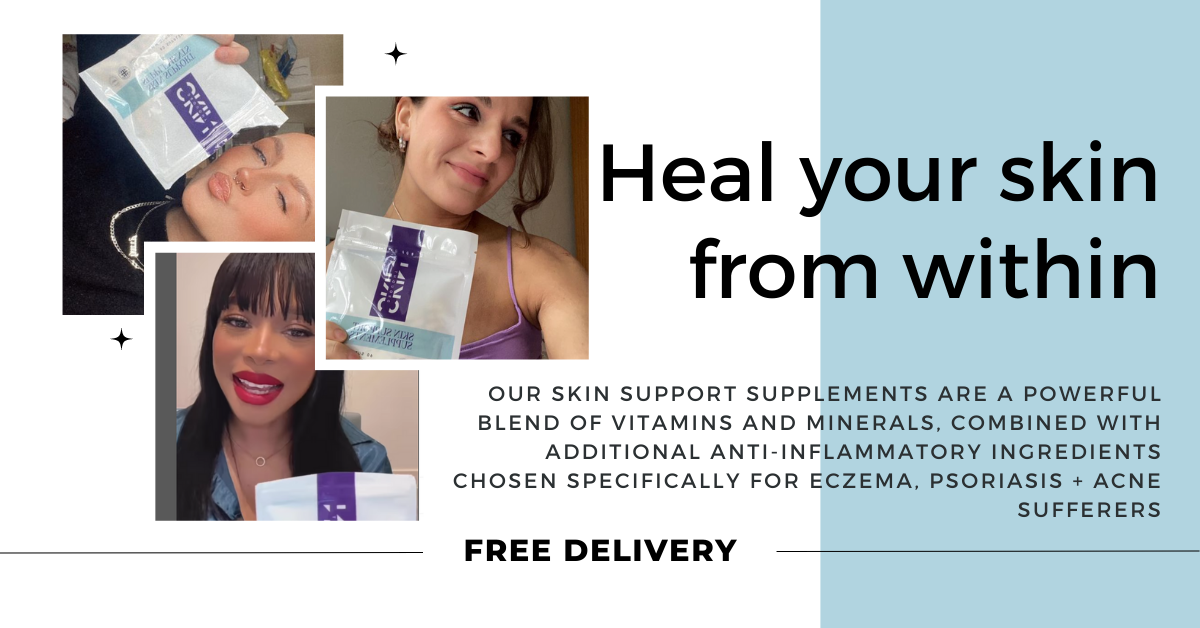The Benefits of Omega-3 for Eczema Sufferers
There are several ways to manage eczema symptoms, including incorporating omega-3 fatty acids into your diet. Omega-3s have been shown to have anti-inflammatory properties that can help reduce eczema symptoms and improve overall skin health. Learn more about the benefits of omega-3s for eczema relief.
How Does Omega-3 Help with Eczema?
Omega-3 fatty acids have been shown to have anti-inflammatory properties, which can help reduce inflammation and itching associated with eczema. Omega-3s can also help improve overall skin health by promoting hydration and reducing dryness. Studies have also shown that omega-3s can help reduce the severity and frequency of eczema flare-ups. Incorporating foods rich in omega-3s, such as fatty fish, flaxseed, and chia seeds, into your diet can be a natural and effective way to manage eczema symptoms.
What are the Best Sources of Omega-3?
The best sources of omega-3 fatty acids include fatty fish such as salmon, tuna, and mackerel. Other sources include flaxseed, chia seeds, walnuts, and soybeans. It’s important to note that while omega-3 supplements are available, it’s always best to get your nutrients from whole foods whenever possible. If you’re considering taking an omega-3 supplement, be sure to talk to your doctor first. Fish oils are the most popular choice for an omega-3 supplement. If you are vegan, try an algae oil supplement.
How much Omega-3 should you consume for Eczema Relief?
The amount of omega-3 needed for eczema relief varies depending on the individual and the severity of their symptoms. However, studies have shown that consuming at least 2-3 servings of fatty fish per week or taking a daily omega-3 supplement of 1-3 grams can lead to improvements in eczema symptoms. It’s important to consult with your doctor before making any significant changes to your diet or supplement routine.
Incorporating omega-3 fatty acids into your diet can be easy and delicious. Try adding fatty fish to your meals a few times a week, or sprinkle some flaxseed or chia seeds on your oatmeal or yogurt. You can also take omega-3 supplements if you are not getting enough through your diet.
Disclaimer: This article contains affiliate links. We earn a very small commission from each purchase made through these links. There is no additional cost to you. All products featured have been specifically selected as products we personally use and love. For further information, please see our disclaimer page.



